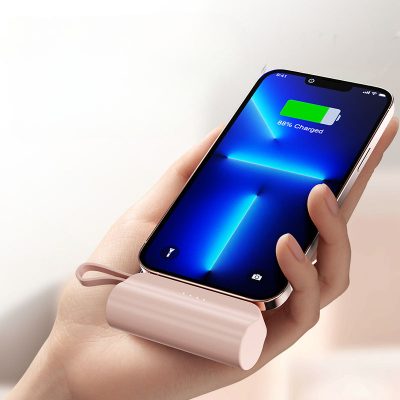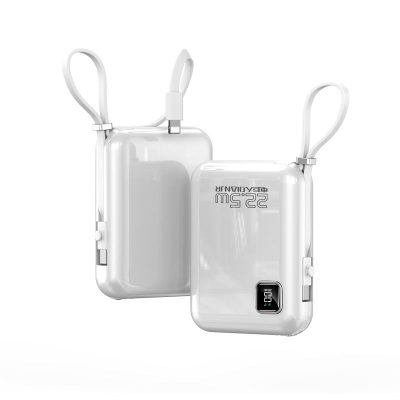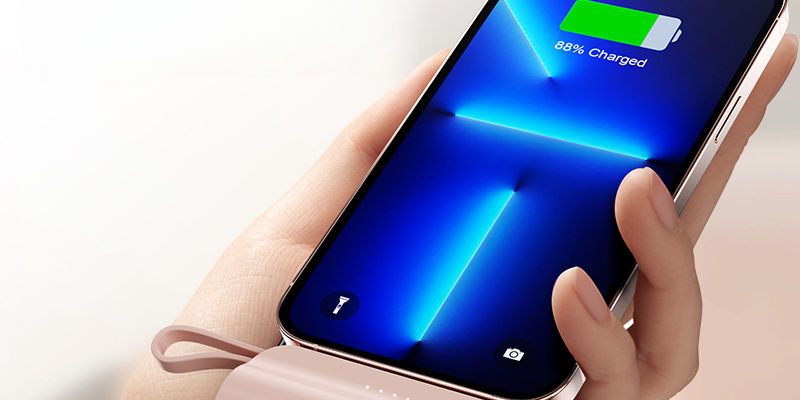When choosing between wireless and wired power banks, the right option for you depends on your specific needs and preferences. Here’s a detailed comparison to help you make an informed decision:
Wireless Power Banks
Pros:
- Convenience: Wireless power banks eliminate the need for cables, making them easier to use and less cluttered. You simply place your compatible device on the power bank’s charging surface, and it begins to charge.
- Portability: Many wireless power banks are designed to be compact and lightweight, making them easy to carry around.
- Versatility: They can charge a variety of devices that support wireless charging, including smartphones, tablets, smartwatches, and wireless earbuds.
- Future-Proof: As wireless charging technology becomes more widespread and improves, investing in a wireless power bank ensures you stay up to date with the latest charging standards.
Cons:
- Compatibility Issues: Not all devices are compatible with wireless charging. You’ll need to ensure that your device supports wireless charging before purchasing a wireless power bank.
- Charging Speed: While wireless charging has improved over time, it may still be slower than wired charging in some cases.
- Efficiency Loss: There can be some energy loss during wireless charging due to the conversion of electrical energy into electromagnetic waves and back into electrical energy in the device.
Wired Power Banks
Pros:
- Universal Compatibility: Wired power banks can charge a wide range of devices, regardless of whether they support wireless charging or not. They rely on standard cables like USB-C, micro-USB, or Lightning connectors.
- Faster Charging: Wired charging is generally faster than wireless charging, especially when using high-wattage chargers and cables.
- Efficiency: Wired charging is more efficient because it directly connects the power bank to the device, minimizing energy loss.
Cons:
- Cable Management: Wired power banks require cables, which can be cumbersome to carry and manage.
- Less Portable: Some wired power banks may be bulkier and less convenient to carry around, especially if they come with multiple cables.
Conclusion
The choice between wireless and wired power banks ultimately depends on your personal preferences and needs. If you value convenience, portability, and the ability to charge a variety of devices wirelessly, then a wireless power bank may be the right choice for you. However, if you need faster charging speeds, universal compatibility, and are willing to manage cables, then a wired power bank may be more suitable. Ultimately, the best power bank for you is one that meets your specific charging needs and preferences.









